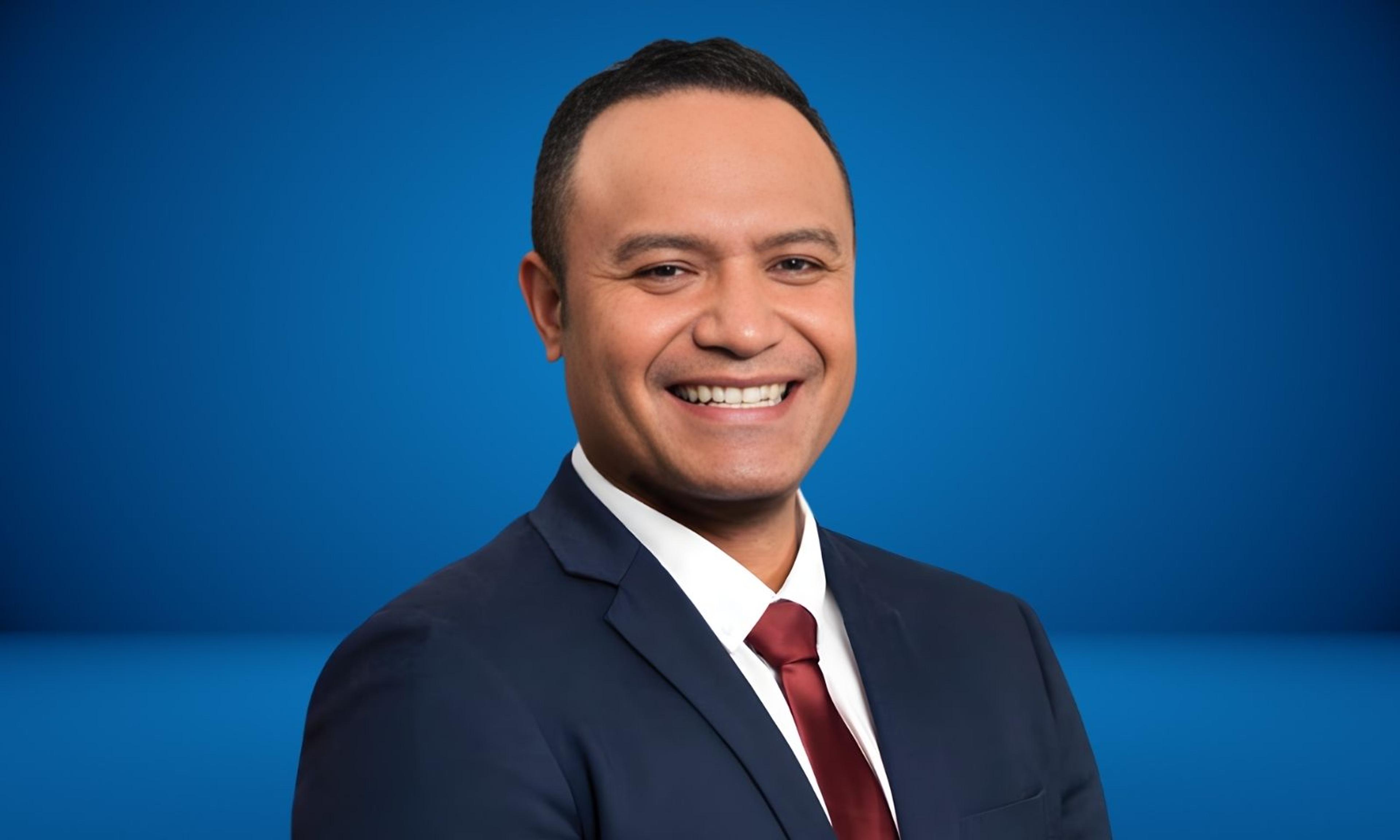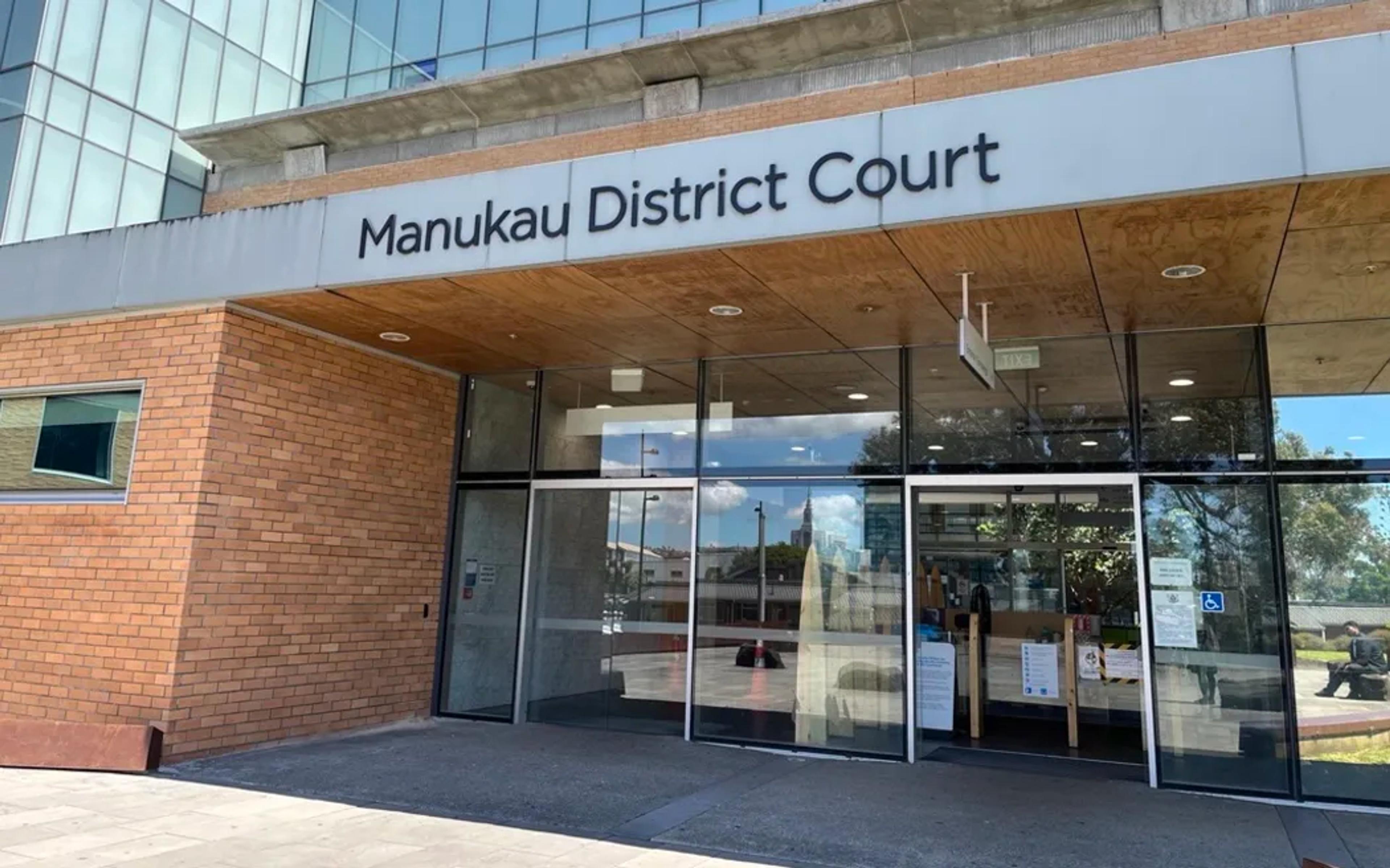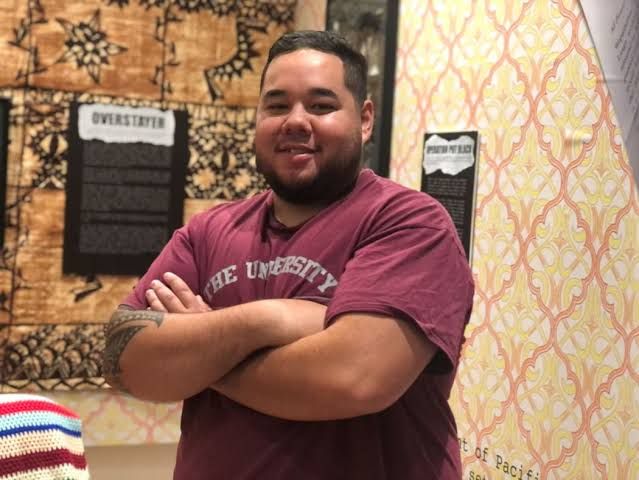

Caleb Marsters (left) and Rachel Yates (right) share their thoughts with PMN.
Photo/Auia Vaimaila Leatinu'u
PMN's Summer Series: Pasifika - Is this term unifying or stripping Pacific people of their identity?
Pacific academics are debating whether it’s time to retire the word “Pasifika”.



‘A man so full of love’: Fepulea’i awarded comedy Topp Prize

Pacific health leaders warn cancer surge looms: ‘Early action cannot afford to wait’



US warns Fiji over human trafficking concerns linked to Grace Road Group

‘A man so full of love’: Fepulea’i awarded comedy Topp Prize

Pacific health leaders warn cancer surge looms: ‘Early action cannot afford to wait’

Welcome to PMN's Summer Series, where we republish some of our best and most popular stories from the last 12 months - in largely their original form.
Should Pacific peoples stop using the term "Pasifika”?
While academics aren’t in agreement on which is the best term to use, they are unified in encouraging people to keep having the discussion.
University of Auckland's Pacific Studies lecturer Caleb Marsters says ideally it would be good to retire terms like “Pasifika” on a governmental level.
"When I consult with the Pacific community that could mean so many things, but if you say I consulted with the Samoan community, Niuean, Tongan, Indo-Fijian, Cook Islands, then now you're consulting," Marsters says.
"If you want to engage with a community properly you have to engage it there: Their language, culture and their way of doing things."

Auckland University Pacific Studies lecturer Caleb Marsters. Photo/Supplied
“Pasifika” or “Pasefika” is a term that identifies the Pacific diaspora in Aotearoa who hail from Melanesia, Micronesia and Polynesia.
Since its conception, the term has been a part of constant discourse, with one side of the argument saying it boxes the vast backgrounds within the Pacific diaspora into a single entity, erasing each culture's individuality.
Samoan academic Albert Wendt says terms like “Pacific Islander” or “Pasifika” don’t mean anything to people until they arrive at the airport in Aotearoa.
But back in the islands, Wendt says, each person would identify themselves more specifically, claiming their whakapapa as Samoans, Tongans, Fijians and so forth, rather than “Pacific Islander”.
Senior Historian for Manatū Taonga - the Ministry for Culture and Heritage (MCH), Rachel Yates (Vaisala of Savai'i), says it all comes down to context.
"For my doctoral thesis I'm still writing, I opted to use the term ‘Pasifika’ because it made practical sense to link the stories of the women I interviewed," Yates says.
She says the term also reflects the meaningful cultural references that she and her interviewees have experienced within New Zealand’s Pacific diaspora.
"Things like the flagship television series Tagata Pasifika, community festivals such as Pasifika, and fashion extravaganzas of the 90s and early 2000s that included Westfield Style Pasifika."
Yates says her thesis' use of “Pasifika” is a mark of respect towards those who put on these shows and events.
"These were breakthrough events in Aotearoa New Zealand's mainstream society and are critical moments of pride and identity."
Marsters also shares this sentiment, saying that the term has a powerful effect in a social context.
"As far as a social movements around bringing our Pacific people together as a collective, I think the term has a role to play in that," he says.
"I think that the ‘Pacific’ or ‘Pasifika’ label is a strength we can draw on to bring our numbers and power up to mobilise our communities."
The Ministry for Pacific Peoples, previously named the Ministry of Pacific Island Affairs, had changed their name in 2015 to reflect both the growing number of Pacific peoples born in New Zealand and acknowledge their individual cultures and needs.
Deputy Secretary for Policy, Research and Evaluation, Languages and Housing, Aiono Matthew Aileone, says the ministry is conscious of and encourages talanoa like this among Pacific communities.
"We believe that it is appropriate for the communities to lead these conversations," Aileone says.
"[We] will continue to meet with Pacific leaders to garner views around the use of the word ‘Pasifika’, and what – if any – role the ministry can play in amplifying the communities’ voices across government."
When prompted for an alternative term to “Pasifika”, Yates says that although there are many, there should not be a single term.
"As Teresia Teaiwa once wrote, 'one word can have many layers of meaning. . . multiple significations in a single enunciation’," she says.
"I encourage everyone to continue to have these conversations and take the time to reflect on how and why we use certain words and terminology."
Marsters says within his university's department and among his students some prefer the term “Pacific Islander” over “Pasifika” and vice versa.
"There's no real umbrella term that's perfect for everyone. Someone's always going to be left out. Someone's always going to be more privileged," he says.
Marsters says “Pacific Islander” and “Pasifika” seem to be the accepted terms among families and communities, likely due to those terms being introduced years ago which overtime became the norm.
"So with the young people, if they're creating terms, eventually that'll become the norm," he says.
"The more we can move away from those colonial ways of categorising people and move towards having nuanced conversations we'll eventually get better terms.
"Especially if it's coming from our communities, it'll always be better than sticking with labels that are given to us."